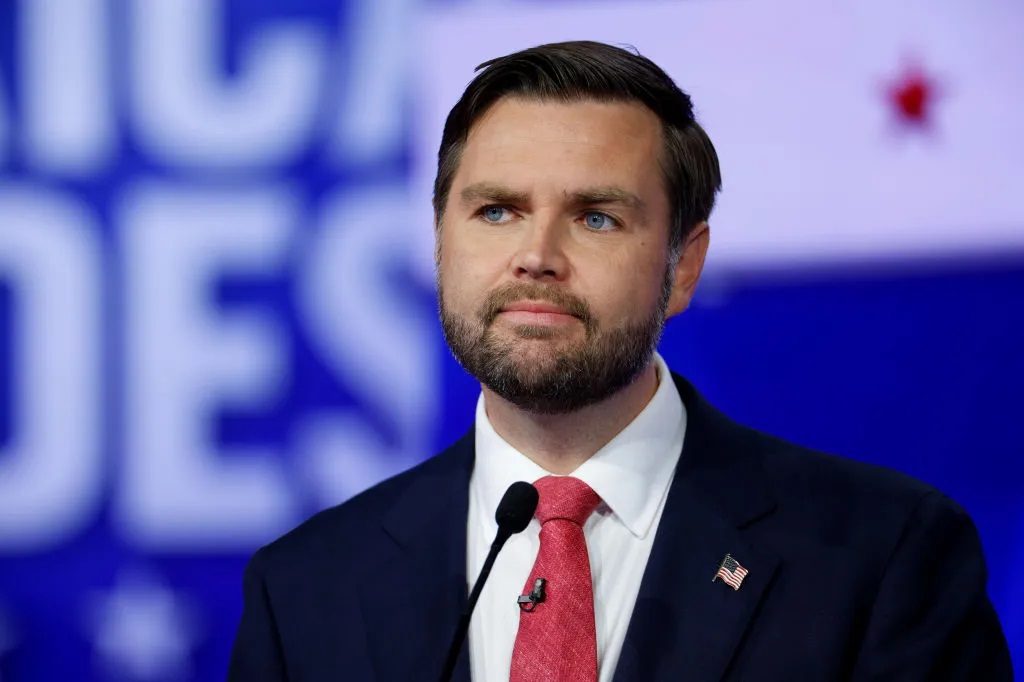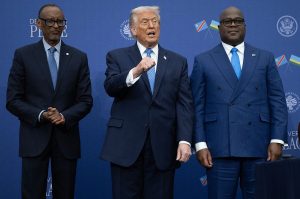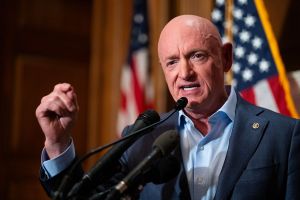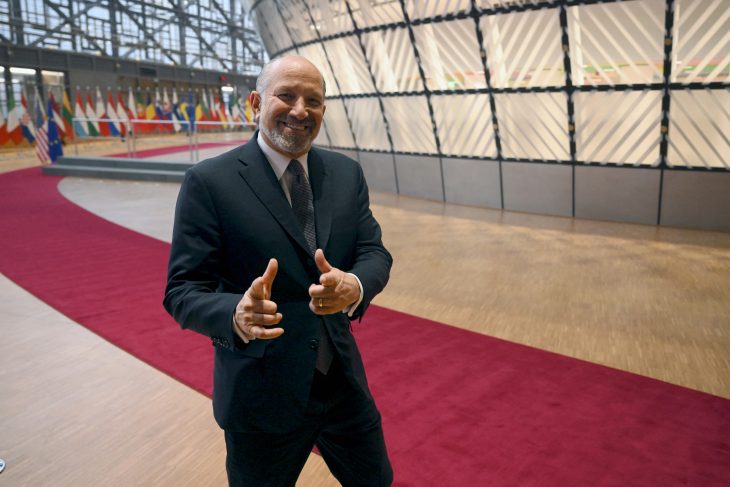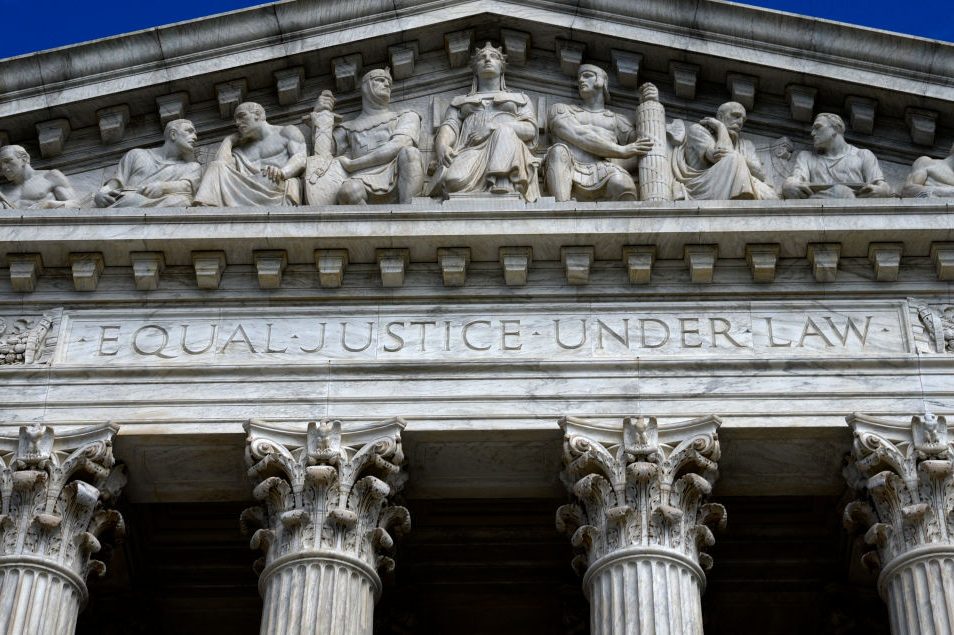To manage expectations in the run-up to last night’s debate, Governor Tim Walz, the Democratic vice-presidential nominee, let it be known through anonymous sources that he was nervous. He didn’t want to let Kamala Harris down.
Well, he was tense and it showed. The first question was, inevitably, about the big story of the moment, the escalating conflict in the Middle East. Walz, speaking first, fumbled. He said “Iran” when he meant “Israel,” twice, which hardly suggested a mastery of international affairs. He then rambled through various points about the “fickleness” of Donald Trump in foreign affairs.
The Republican came over as straightforwardly intelligent and perceptive — the Democrat, less so
Vance, by contrast, sounded authoritative, composed, more professional from the off. He began with a little of his own extraordinary biography then pivoted neatly into saying that Donald Trump will address the concerns of everyday Americans about “chaos in the world” by establishing “effective deterrence.”
From then on, the Republican came over as straightforwardly intelligent and perceptive — the Democrat, less so. For people paying attention, Vance established quite clearly why, contrary to popular perception, he might prove to have been a shrewd vice-presidential choice.
He supported Trump without sounding sycophantic. Better still, unlike the Donald, he showed a tight grasp of details across a wide range of topics. That enabled him to dominate the conversation. Walz arguably improved as the evening went on, but he slipped up and Vance didn’t.
Still, the debate was not a disaster for Team Harris-Walz and will therefore probably fit the pattern for most vice-presidential contests in not mattering very much. The fact that, according to snap polls, a strong majority of viewers felt Vance won on the night has already been obscured by the far more dramatic news coming from Israel.
Which is a shame, in a way. In stark contrast to the Trump versus Harris live horror show last month, this vice-presidential debate was a healthy and wholesome political discussion — even if there was, intriguingly, no mention of the war in Ukraine.
Vance and Walz took pains to stress their points of agreement. “I think there was a lot of commonality here,” said Walz, towards the end. “Me too, man,” replied Vance. It was almost sweet — the civility giving the audience a glimpse of what politics might look like after the age of Trump.
That said, the CBS moderators could barely contain their left-liberal contempt for Vance, repeatedly picking up on things he said — “to clarify for our viewers.” That led to the only real flashpoint, as Vance rebuked Margaret Brennan, one of the hosts, for fact-checking him about Haitian immigrants. He shouted over her to explain how ineffective the current “CBP One app” system has been at keeping out dangerous illegal immigrants. “Thank you Senator for describing the legal process,” replied Margaret, cattily, as she cut off the candidates’ microphones. But Vance had already proved his point.
To their credit, the moderators did introduce an interesting fitness-of-character section, which Walz again fudged. He couldn’t adequately explain why he said he was in Hong Kong during the Tiananmen Square protest in 1989 when he wasn’t. “I’m a knucklehead sometimes,” he said, feebly.
Vance, for his part, was challenged as to why he is now standing with a man he once compared to Hitler. His reply was more effective for being frank. “I was wrong about Donald Trump,” he said. “I was wrong, first of all, because I believed some of the media stories that turned out to be dishonest fabrications of his record.”
Vance also tended to be more nimble and astute on the issues — from immigration to climate change to the economy to gun rights to healthcare.
On abortion, widely thought to be his weakest point with an increasingly post-Christian electorate, he gave an eloquent defense of his conservative position. “We’ve got to do so much better of a job at earning the American people’s trust,” he said, before reframing the issue away from the narrow feminist terms which the Democrats prefer to use.
“So many young women would love to have families,” he said. “So many young women also see an unplanned pregnancy as something that’s going to destroy their livelihood, destroy their education, destroy their relationships… that’s why Donald Trump and I are committed to pursuing pro-family policies.”
According to polls, J.D. Vance currently has the lowest “likability” rating of any of the four candidates on both major party presidential tickets. But in this debate, the biggest moment of his political career so far, he did well enough to suggest that his poor reputation is unjustified. Whether enough people were listening is another question.
This article was originally published on The Spectator’s UK website.



